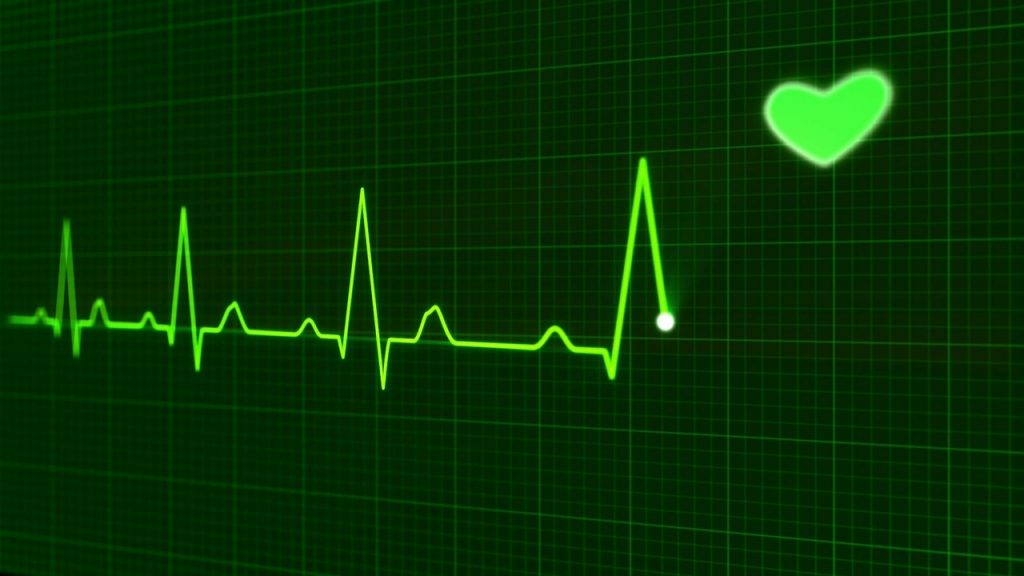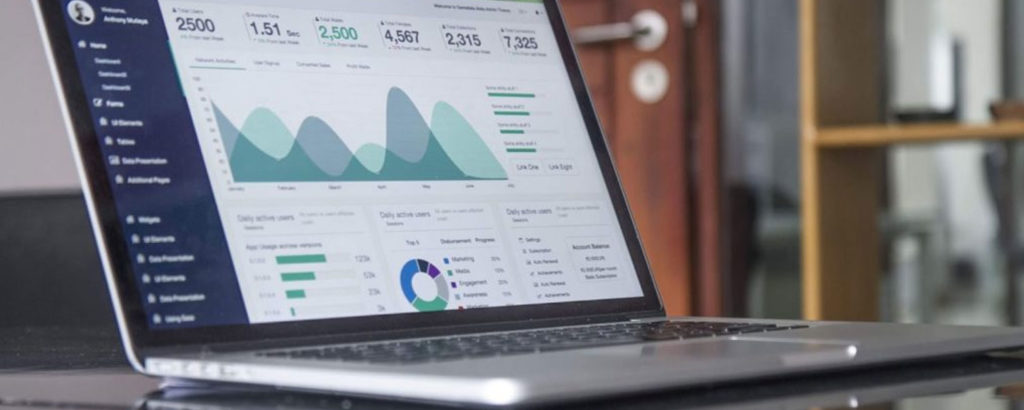Artificial Intelligence (AI) is slowly but surely becoming a part of the health-care industry and is bringing forth some revolutionary changes in the medical field.
The introduction of artificial intelligence in the health-care field does not mean that the doctors will be replaced by medical robots. It means that AI will bolster the capabilities of medical pros and machines, making them smarter and a lot more useful.
The main purpose of the introduction of AI into the medical field is to provide a good support system to the doctors so that they can diagnose and treat patients quickly and flawlessly.
There are various ways in which artificial intelligence is transforming health care. Let’s tell you about five of them.
Smart diagnosis

With the introduction of AI in the medical field, diagnosing diseases has become a lot easier. Gone are those days when doctors had to order several scans to find out where a lump was or if that is even a lump.
AI applications with imaging and diagnosing techniques help in avoiding errors that humans are prone to committing. AI systems are able to find out problems by just looking at the scans.
Also, AI programs for use in cardiology and radiology have been developed. These systems are able to identify cancer cells in early stages and can prevent the disease from spreading. Same goes for heart attacks – the AI system developed so far can look into the scanned images and find out problems with the report.
There are times when doctors, while checking reports manually, miss out on certain details which lead to medical errors or the wrong diagnoses. But the introduction of AI will solve these types of problems and will prevent errors from happening in the first place.
Medicine development

In a recent survey, 92 percent of global pharma leaders regarded precision medicine as an opportunity. AI’s ability to analyze subtle trends of massive amounts of patient data implies that scientists and researchers can speed track the development of new drugs.
AI applications help in the creation of tailored medicines for patients. California Biomedical Research Association even states that it takes approximately 12 years and almost $359 million US dollars to develop medicine or a new drug.
While the creation of a new medicine takes years of hard work followed by various experiments, with the help of AI things become a lot easier. AI frameworks are helping the researchers in developing medicines more rapidly than ever before. AI not only reduces the time but also the money invested in the development of drugs.
Smart prosthetics
Over several years, prosthetics have become an important part of the medical field. The modern technologies today have brought out prosthetics that are light and look like actual body parts.
Though this makes the incomplete part look complete, they hardly perform the task of the real limb. When patients attempt to forget about the existence of the prosthetic/s attached to their bodies they are unable to because the natural connection is not there. This is an aspect where AI can come in and help so many people in this situation.
At Newcastle University, researchers have developed prosthetics with a miniature camera in it that can capture the image of the object present. Once the image is captured, the AI scrutinizes the object and determines the reaction for it. For example – if there is a ball in front of the prosthetic leg, the AI will lead the leg to kick it.
Virtual follow-up system
Doctors all over the world are busy. Every doctor has several cases that they need to deal with and therefore time and again it becomes impossible for doctors to help everyone. But AI-powered virtual follow-up systems are a problem solver.
These virtual follow-up applications not only help the doctors and the nurses, but also the patients. There are certain patients who need almost regular check-ups. For these kinds of patients, check-ups become a hassle. And that is where the AI initiated virtual check-ups come in handy.
There are health chatbots, where patients can type in their problems, and receive fast, feasible, and dependable solutions. These bots can answer medical questions, can diagnose just by assessing the symptoms and at the same can also assist and guide the patient in regards to their medication.
Technological advancement has also made it possible for artificial intelligence health-care systems to recognize images and handwritten texts. Therefore, typing is not mandatory, just scanning and sending a handwritten prescription is a basic option.
A few companies such as Sensely have developed artificial intelligence systems and have given them a human avatar to make them look realistic. Besides looking realistic, these AI systems can also interact with patients with the human trait of empathy.

Gamifying health
AI is not only helping doctors in becoming progressive — it is also assisting the general public, by helping them stay healthy over time.
With the use of AI and other applications available, an individual can stay active, fit, and maintain decent health. All this is made possible by using various AI enabled fitness gadgets like watches, trackers, and so forth.
Let’s take fitness trackers as an example. These fitness trackers help users reach their health goals. Not only that, but they also create fun and enlightening goals to help them lead a fit life. Other than this, these trackers provide certain low-level assistance and quick updates pertaining to the user’s health.
At times, these trackers and the regular data collected in them also help medical assistants in giving proper feedback. Because of their ability to fine fine-tune health advice and prompts based on the core lifestyle of a wearer, an AI-powered fitness tracker device or an equivalent app can help users evade chronic ailments.
 Artificial intelligence and health care: A game changer
Artificial intelligence and health care: A game changer
Artificial intelligence is a boon to the field of health care, and it will make the industry a lot better than what it is now. The fascinating thing is, AI is not limited to big companies only. Even small companies are reaching out and becoming a part of this AI-powered health-care transition that is going to restructure the entire industry.
Featured image: Shutterstock




Such an insightful article. Thanks for sharing it. I would agree with you AI has made a groundbreaking impact not only to doctors but to the public also. Yes sensely is a great example of AI system.
Improving Diagnostics: This is one of the most exciting AI-based healthcare applications. AI solutions are helping to automate image analysis and diagnosis. This eliminates the possibility of human error in readings. Drug Discovery: AI is being used to discover new treatments from large databases of existing drugs.